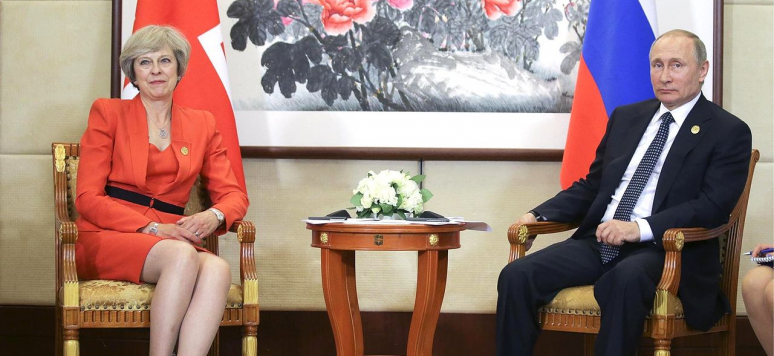Russie.Eurasie.Reports - Russo-British Relations in the Age of Brexit Russie.Nei.Reports, No. 22, Ifri, February 2018

The paper examines the reasons for the poor state of relations between Russia and the United Kingdom, providing a brief historical and political account of why relations have deteriorated. The various options facing the UK after Brexit, and within this framework the ambiguity of current British foreign policy and diplomacy, are outlined.
Unlike Germany and Japan after the war, and France’s reinvention after the Suez crisis as the leader of European integration and an independent power in Europe, the UK uniquely has been adrift. Its fundamental anchor was the “special relationship” with the United States, but commitment to traditional Atlanticism inhibited the development of Britain’s European identity and ultimately helped precipitate the country’s departure (Brexit) from the European Union. The vote to leave the EU in the referendum of 23 June 2016 has reinforced the UK’s commitment to the Atlantic security community. The absence of a ramified European identity is accompanied by the emergence of the UK as the most irreconcilable antagonist of Vladimir Putin’s Russia. This hostile relationship not only undermines the scope for diplomacy and creative ways of renewing bilateral ties, but exacerbates broader tensions and intensifies the military preparations for what some call a new Cold War. Nevertheless, there remain elements of a native pragmatism to British foreign policy, something that will be required if the country is to reinvent itself as “global Britain”. This pragmatism does not require the dilution of “values” or principles, but it does require smarter application.
Richard Sakwa is Professor of Russian and European Politics at the University of Kent and an Associate Fellow of Chatham House. He is a graduate of the London School of Economics (BA Hons) and the University of Birmingham (PhD).
